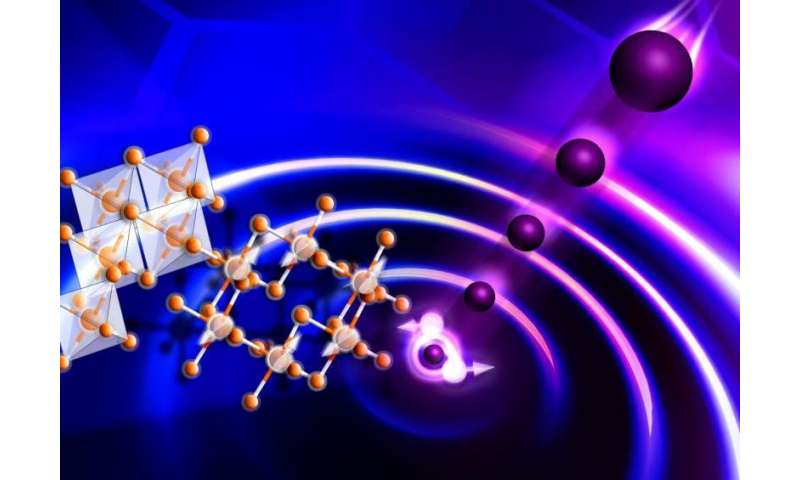Best of Last Week – New state of matter, flaws in superconductor theory and role of heart and mind in developing wisdom

(Science X)—It was a big week in physics as an international team of researchers announced that a new state of matter had been detected in a two-dimensional material—first predicted 40 years ago, the state is known as a "quantum spin liquid," and it causes electrons to break into individual pieces. Also, a team of researchers at the University of Houston reported that they had discovered flaws in superconductor theory—they ran experiments and found results that had "significant deviations" from the Critical State Model. And a combined team of researchers from Princeton and MIT announced that they had developed a formula describing the ghostly transfer of heat that occurs at nano-scale in electronics and solar cells. A team with the National Research Council of Canada and the University of Waterloo described a process for changing the color of single photons in a diamond quantum memory—a step that is viewed as necessary for hooking components together in a quantum network.
In space news, a team with the University of California reported that supermassive black holes may be lurking everywhere in the universe after they discovered a supermassive black hole in a relatively barren part of the universe, suggesting that they may be much more ordinary than has been previously thought. And a team with NASA reported on how New Horizons is filling the gap in space environment observations. As the space probe made its way past Pluto last summer, it captured stunning pictures of the planet, but also sent back three years worth of measurements it had taken of the solar wind.
In other news, a team led by researchers at Stanford University, found evidence that suggests modern men lack Y chromosome genes from Neanderthals—one of the 'sex' chromosomes, it is passed from father to son, though the team has no explanation yet as to why it disappeared in humans. Also, a team with members from Germany and France has found via chromosomal studies that genetics can reveal the impact of lifestyle on evolution, which suggests that the rate of mutations is indeed impacted by cultural factors. And a team with members from France and Mexico reported on findings that the 'R' in RNA may be abundant in space—the sugar ribose, they claim, is likely found on asteroids and comets.
And finally, if you are among those who believe that they have grown wiser as they've aged, you might want to check out new research by a team at Australian Catholic University—they found that wisdom is a matter of both heart and mind—heart rate variation, they report, is linked with the thinking process, and together they enable greater understanding of complex social issues.
© 2016 Science X